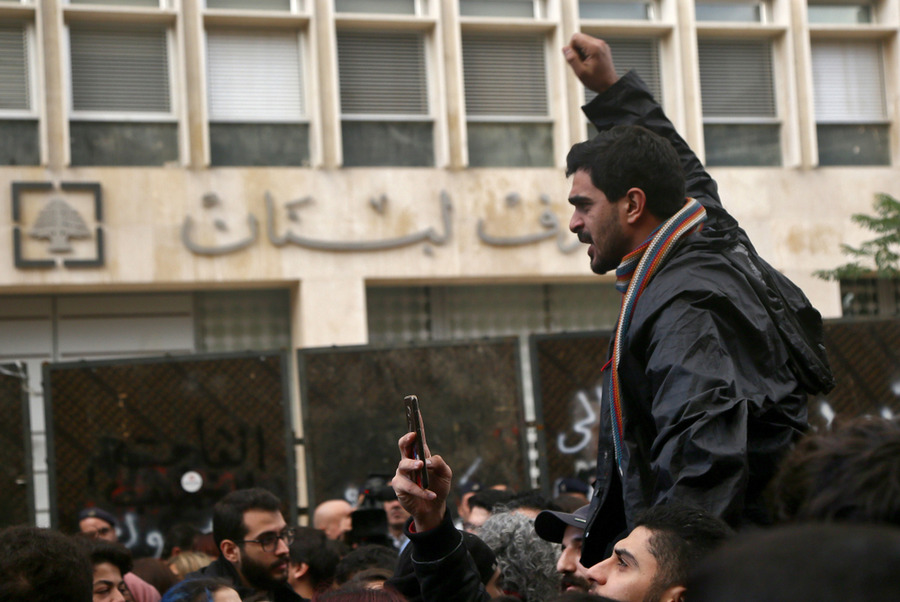Lebanon has been experiencing its worst economic crisis in decades, with the banking sector at the forefront of the chaos. The country’s banking system, once considered the backbone of the economy, is now in shambles, and depositors have been locked out of their savings for almost four years.
The crisis began in 2019 when the country’s currency, the Lebanese pound, started to plummet in value against the US dollar. The currency has lost over 90% of its value since then, pushing over half of the population below the poverty line. As a result, prices of goods skyrocketed, and people struggled to make ends meet. Power shortages and lack of medicine and fuel added to the already dire situation.
The government’s mismanagement of the economy and rampant corruption exacerbated the crisis, leading to massive anti-government protests. Lebanese citizens demanded accountability and the recovery of their deposits held in banks.
Read more: Inflation in Lebanon flares up after currency devaluation in February
Lebanese banks, facing liquidity issues, imposed informal capital controls and severely limited cash withdrawals, citing a lack of liquidity. The Association of Banks of Lebanon reported that as of mid-February, commercial banks held around $86.6 billion deposited at the central bank and had a net negative position with correspondent banks of $204 million as of January 31, 2023.
The deteriorating financial situation led to angry protests, with depositors staging sit-ins in front of the parliament building and storming banks. Some even resorted to armed heists to recover their money. Despite heavy deployment of army and security forces, the protests continued, with demonstrators demanding the state recover their deposits and address its current financial policies.
The International Monetary Fund (IMF) has warned of a “very dangerous situation” in Lebanon, with the implementation of required reforms to unlock aid packages progressing slowly. The country’s economic recovery is heavily dependent on the banking sector’s stability, and the IMF has called for urgent reforms to restore confidence in Lebanon’s financial system.
In response to the crisis, the Depositors’ Outcry Association, a local group advocating for the rights of bank depositors, has called for protests and demanded action from the government. The group has also called for the recovery of deposits and the adoption of policies aimed at addressing the country’s financial issues.
The situation in Lebanon’s banking sector remains bleak, and its recovery will require significant efforts from the government and international organizations. Until then, the people of Lebanon continue to endure the consequences of the crisis, with no end in sight.
Click here for more news on banking & finance.








